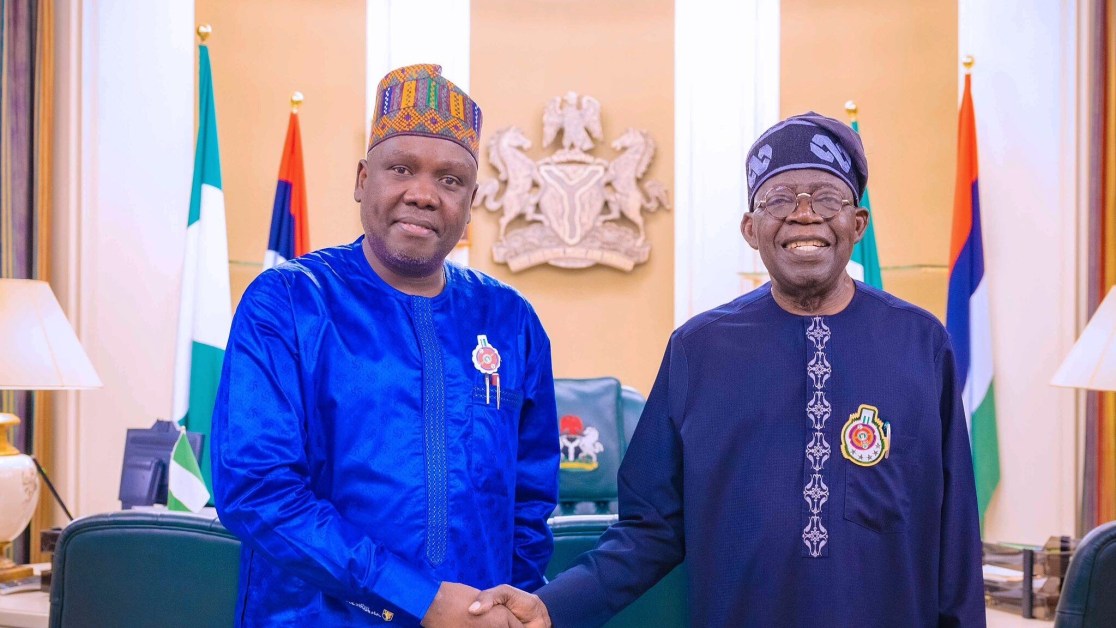Daniel Bwala, a staunch critic of President Tinubu, his administration and the All Progressives Congress (APC), has been seen frolicking with the President in recent days, which has infuriated the public.
For his past statements against the APC, Bwala, who was a spokesperson for the Peoples Democratic Party (PDP) presidential campaign council during the 2023 elections, has now drawn backlash.

He was an APC member until he defected to the PDP in 2022. He would later cite the ruling party’s Muslim-Muslim presidential ticket as the reason for his exit.
While announcing his decision on X on July 10, 2022, Bwala wrote: “Tonight I officially resigned my membership of @OfficialAPCNg on principles and conviction that I hold so dear. At this time of our national existence, our efforts and energy should gravitate towards uniting our people.”
There are now speculations that he may return to the APC. He held a meeting with President Tinubu on Wednesday “to show appreciation and support for the bold decisions he is taking to deal with the crisis confronting [the] country”, and he revealed that he would support Tinubu without apologies, even if it meant going back to the APC.
Amid ongoing controversies surrounding Bwala’s recent interactions with the President, FIJ revisits five times in the past when he criticised the APC-led administration.
On December 25, 2023, Bwala expressed scepticism about President Tinubu’s ability to deliver within his four-year term. He argued that waiting for significant changes under Tinubu’s administration might not be feasible.
Bwala said, “When people talk about being patient and waiting, you have to look at the time frame the public officer is expected to execute the work. The President has just been voted into a term of four years. He is eight months into the term, which constitutes 31.8 percent of the total time that he has. He has less than 70 percent time in government; when is that going to happen? When President Buhari took over in 2015, it was the same language, and we patiently followed and he finished the first term and finished the second term. When there is a fundamental problem with policy, time is irrelevant; 30 years, it will not work.







